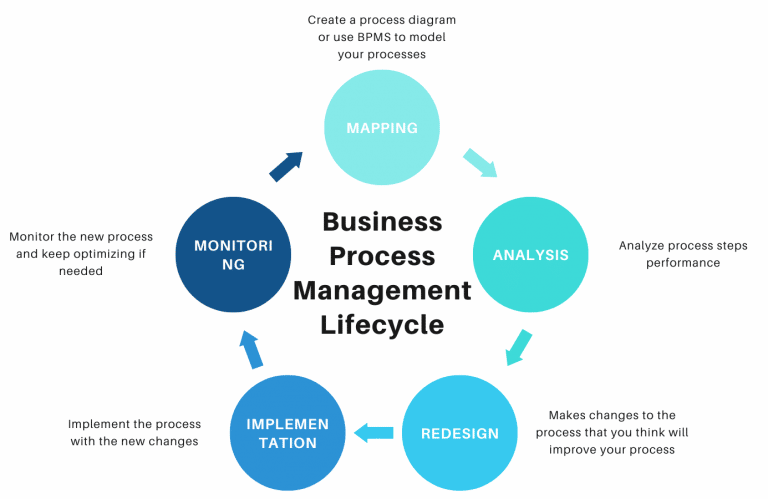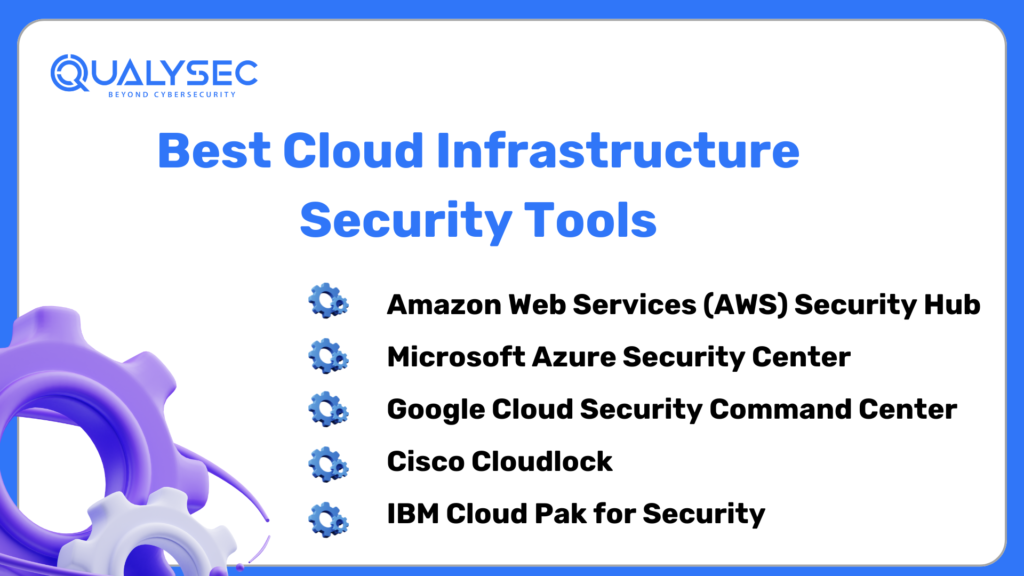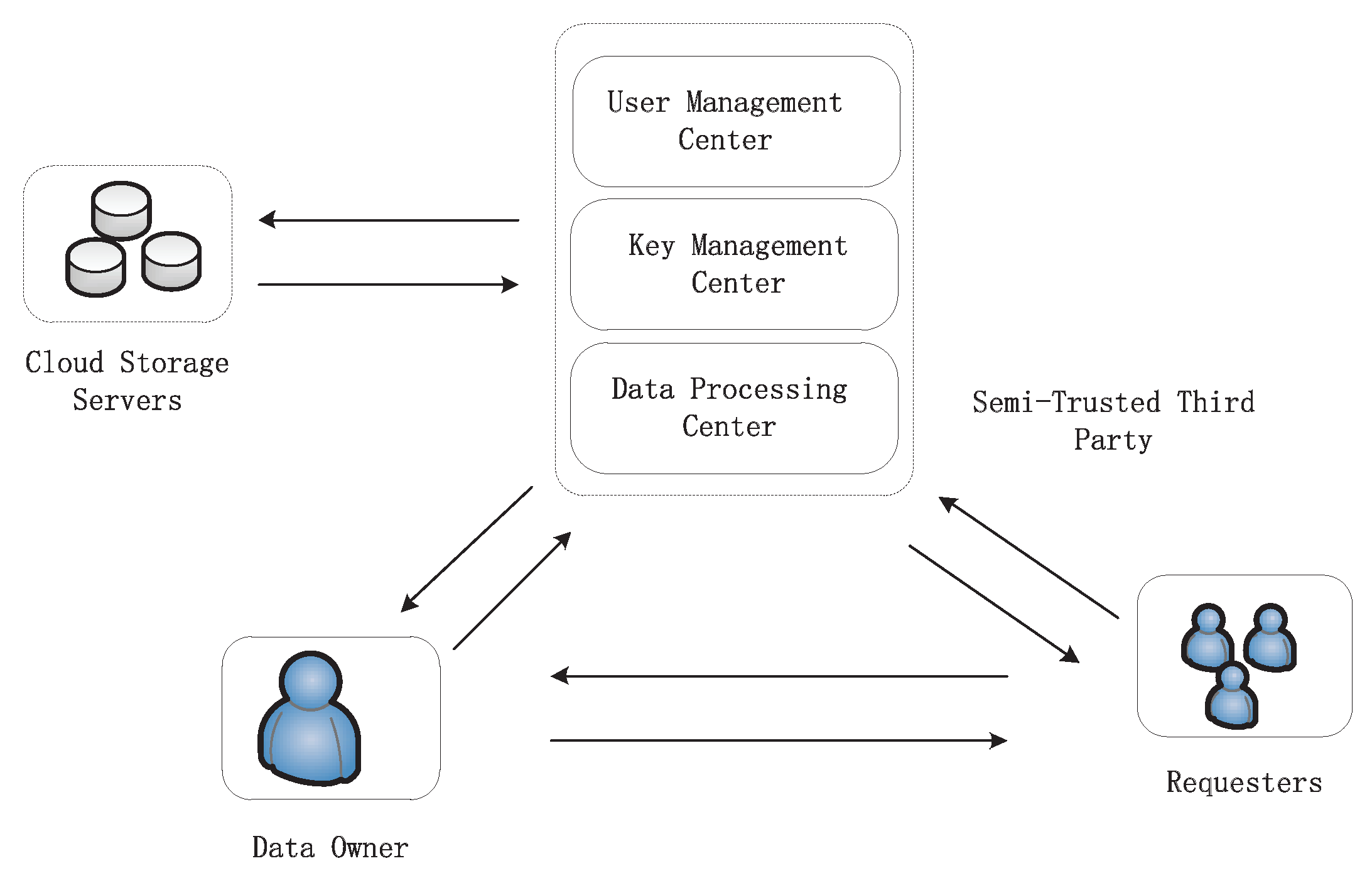5 Cloud Computing BPM Strategies That Work

Cloud computing has become a cornerstone of modern business operations, offering scalable, flexible, and cost-effective solutions for managing various processes, especially in Business Process Management (BPM). BPM strategies that integrate cloud computing can significantly enhance an organization's efficiency, agility, and innovation. Here are five strategies that are particularly effective:
1. Integration of BPM with Cloud Services
Integrating your BPM systems with cloud services can facilitate seamless process automation, scalability, and real-time data analytics. Here’s how you can approach this:
- Use cloud-native BPM solutions: Opt for BPM tools that are inherently cloud-based or have robust cloud integrations. This ensures that your business processes are not only scalable but also resilient.
- Leverage SaaS BPM tools: Software as a Service (SaaS) BPM solutions like UiPath or Appian offer pre-built functionalities that can be easily tailored to your needs, reducing the time to value.
- API Integration: Ensure that your BPM platform can integrate via APIs with other cloud services like CRM (Salesforce), ERP (SAP), or other cloud-based tools.
💡 Note: Always ensure data security when integrating cloud services with your BPM system. Use secure, cloud-compliant APIs and consider compliance with regulations like GDPR or HIPAA.
2. Utilization of AI and Machine Learning
The integration of AI and Machine Learning (ML) within BPM on the cloud can revolutionize how processes are managed:
- Predictive Analytics: Use AI to predict process outcomes and bottlenecks, allowing for preemptive action.
- Robotic Process Automation (RPA): Implement RPA to automate repetitive tasks, enhancing process speed and accuracy.
- Chatbots: Deploy AI-driven chatbots for customer interactions or internal communications, ensuring 24⁄7 availability and reducing manual workload.
Cloud environments offer scalable compute resources, perfect for running sophisticated AI and ML models.
3. Enhanced Collaboration and Workflows
The cloud facilitates better collaboration among teams, which is crucial for effective BPM:
- Real-time Collaboration: Cloud-based BPM tools can integrate with collaborative platforms like Microsoft Teams or Slack, allowing teams to work on processes in real-time.
- Version Control: Ensure that your cloud BPM system supports version control to manage document and process changes efficiently.
- Mobile Access: Cloud computing enables access to BPM tools from any location, facilitating remote work and ensuring that process management continues uninterrupted.
4. Cost Management and Scalability
One of the primary benefits of cloud computing in BPM is cost efficiency and scalability:
- Pay-as-you-Go Model: Use cloud services that charge based on actual usage, avoiding high capital expenditure on infrastructure.
- Auto-scaling: Cloud platforms can automatically scale resources up or down based on the current load, ensuring optimal performance and cost-effectiveness.
- Reduced IT Overhead: With cloud services, IT teams can focus on governance, compliance, and optimization rather than infrastructure management.
5. Disaster Recovery and Business Continuity
Cloud computing provides robust solutions for disaster recovery and business continuity:
- Geographical Redundancy: Data can be replicated across multiple locations, reducing the risk of data loss due to disasters.
- Automated Backups: Regular, automated backups in the cloud ensure that you can restore operations quickly after an incident.
- Business Continuity Planning: Cloud services offer tools and strategies for maintaining business operations with minimal interruption.
In summary, integrating cloud computing with your BPM strategies provides numerous advantages, from scalability to advanced analytics. These strategies not only improve process efficiency but also offer resilience, cost benefits, and the agility needed in today’s fast-paced business environment. By adopting these strategies, organizations can achieve a more dynamic, responsive, and innovative approach to managing their business processes.
How does cloud computing improve BPM scalability?
+Cloud computing allows for automatic scaling of resources based on demand, enabling BPM systems to handle varying loads efficiently without the need for manual intervention or large capital investments in hardware.
What security measures should be considered when using cloud services for BPM?
+Security in cloud computing for BPM involves ensuring data encryption, using secure APIs, adhering to compliance standards, and employing identity and access management systems to prevent unauthorized access to sensitive process information.
Can cloud BPM solutions support remote work?
+Absolutely, cloud-based BPM tools enable access to processes from anywhere with an internet connection, making remote work seamless and efficient.
Related Terms:
- cloud based process management
- cloud based bpm process management
- cloud business process management
- benefits of bpm cloud computing
- cloud based business process modeling
- Related searches cloud based bpm


